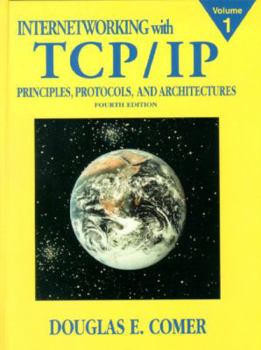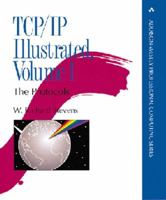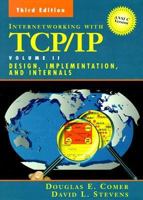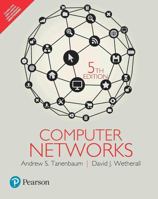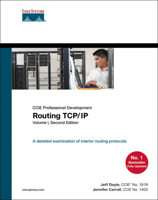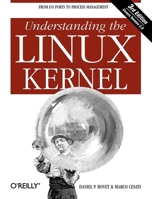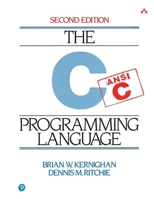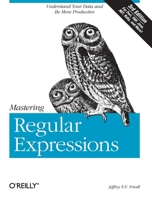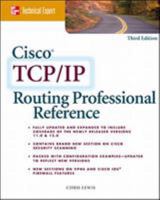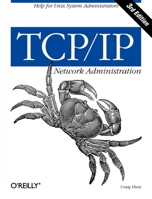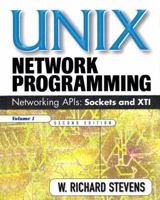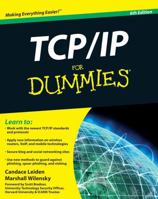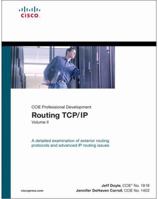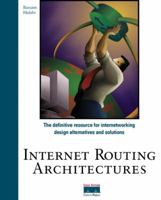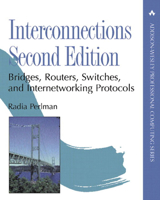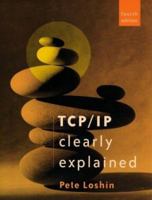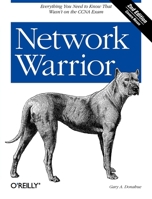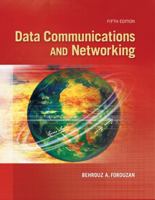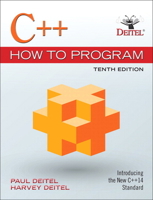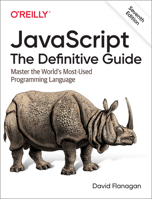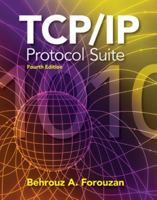Internetworking with TCP/IP Vol.1: Principles, Protocols, and Architecture
Select Format
Select Condition 
You Might Also Enjoy
Book Overview
Customer Reviews
Rated 5 starsThis it the bible
I have been doing Internet protocol engineering for 12 years and I can say that people in the industry consider Comer Vol 1 to be the bible for Internetworking reference. The fourth edition is nearly three times as thick as my copy of the first edition. Douglas Comer keeps this book up to date and useful for modern Internet developers. If you're a student, read this book. I've gone through a lot of books that claim to be the...
0Report
Rated 5 starsBest Book for a Non-Trivial Understanding of TCP/IP
There are numerous TCP/IP books out there but this book stands out amongst the rest in that it explains the various aspects of the technology well. Many books are just scratching the surface to provide an illusion of explaining TCP/IP well. This book is no kids' book; it delves into well into the principles, protocols and architectures,... and even when these can be rather daunting, the explanation is as good as it can be...
0Report
Rated 5 starsStevens is practical, Comer is theoretical
There are several "bibles" of TCP/IP floating around. This is one of them. Comer takes a more academic and theoretical approach to the topic of TCP/IP with this book than TCP/IP Illustrated Vol 1 by Richard Stevens. I believe that a person interested in this topic should read the Stevens book first, then read this one to further extend her knowledge. Both books are excellent companions to your library and you really can't...
1Report
Rated 5 starsBest TCP-IP introduction you can find
To learn about TCP-IP there are three aspects you should consider: TCP-IP standards, TCP-IP implementation and TCP-IP programming. Are you looking for a good intro about TCP-IP Standards? This is surely the best. This book isn't about TCP-IP programming or implementation; I would say that it is an organized, gentle and concise presentation of the Internet documentation known as RFC ( request for comments ). After reading...
1Report
Rated 5 starsThe Bible of TCP/IP
This book is a must for all in the networking world. It is known as the Bible of TCP/IP. It is great reading for beginners and for the most advanced reader. The whole vol. set is a great investment as a resource.With this book and Interconnection by Radia Perlman (which is quite good but dry). They will define the industry, as it is today and break down the RFC's to a readable level. To continue I would suggest...
0Report











